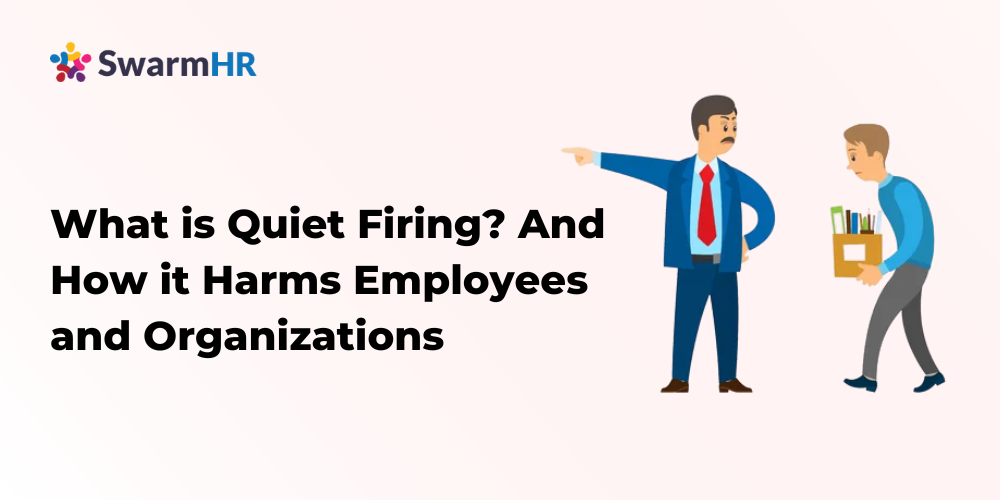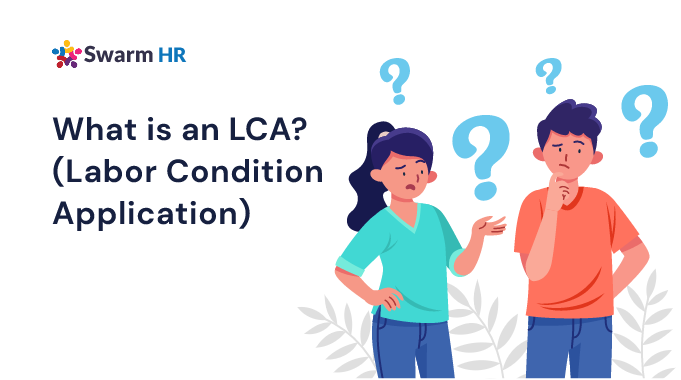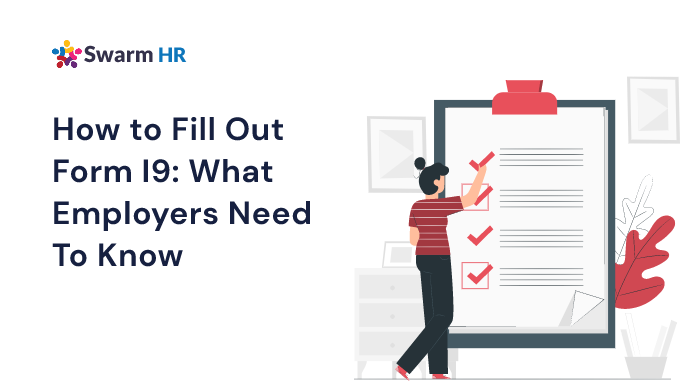What is Quiet Firing? And How it Harms Employees and Organizations

In the last blog we talked about Quiet quitting and it’s recently gained significant prominence. It tends to be the idea of simply doing your job but not going above and beyond. It’s really just a new term for an old concept, and it’s really a response to a decline in work-life balance but also an observation that there isn’t very much upside to going above and beyond at many workplaces.
Now we have the pernicious counterpart to it, which is “Quite Firing”. It’s a passive-aggressive practice whereby a company, instead of firing its workers, decides to just treat them badly in the hope that they leave the organization or that they psychologically check out of their job, thereby obviating the need to give them a raise or to promote them. It’s ultimately self-defeating for that organization, but it’s very harmful for the employee too.
It does appear to be quite widespread. A recent poll on LinkedIn of 5000 respondents indicated that 49% of people have been fired at some point, i.e.., treated so badly that they would think that they would leave. Furthermore, 38% of people have observed it occurring to a colleague. So, this is definitely a widespread and concerning problem. But what exactly does quiet firing involve? What are the characteristics that may give rise to a quiet firing situation, what are the concerns and adages for employers, and how would you go about resolving this if you were an employee?
What is Quiet Firing?
Well, as indicated, it involves treating the employees so badly that he or she wants to leave the organization; it can arise either at a company-wide level or it can be due to individual division managers acting in a rather pernicious manner toward the employee. The result is the employee either leaves physically or metaphorically and checks out and simply starts quiet quitting. Regardless of whether it’s intentional or inadvertent; it is going to harm productivity, as we’ll get to later, however, whether it’s intentional will get out whether it can constitute workplace bullying as well as simply harming productivity.
There are several specific ways quiet firing could occur
- It can involve passing over the employee routinely for promotions that he or she otherwise warrants based upon their performance, particularly as can be observed quantifiably.
- It can involve passing on an employee for a raise even though he or she has become more skilled more expert more senior, or simply worked a long time at that organization.
- It can involve misstating that employee’s performance particularly if done intentionally, and that can obviously give rise to a huge problem because if the line manager is routinely misdating and intentionally misstating the employee’s performance, that might give rise to workplace bullying
- It can involve simply making life difficult for the employee in many ways, for example,
making it difficult for them to take leave, parental leave that would otherwise be entitled to, for example, taking retaliation against that employee if he or she were to take leave so retaliatory measures can give rise to quiet firing.
What to do if you're quiet fired?
What might you do if you feel like you have been quiet fired, well here are several possibilities:
- If it is relevant to the circumstances, you might want to communicate your concerns to your manager or the person above your manager. This won’t always be appropriate, and many people might fear retaliation if they were to do so. It is easier said than done to communicate concerns, but if it is appropriate, then it might be worthwhile to do so .
- If you feel as if there’s been bullying, you might want to document that because it is very difficult to lodge a bullying complaint either with your HR team or with the regulator without actual evidence. Merely alleging there’s bullying is not going to help you. You’re going to need actual evidence of retaliatory action that’s been taken or actual evidence of where you’ve been erroneously passed over for promotions based on false information, for example. So make sure there is appropriate documentation if you feel like you have been bullied.
- You’re going to want to look at quitting strategically now. To be clear, quiet quitting involves doing your job, and you can’t be fired for doing your job, so you are still doing what you are employed to do. However, you’re going to want to focus on the things that particularly give you a CV dot point, things that make you particularly valuable to a future employer. That is, instead of spending your spare time on extraneous fluff, consider spending your time on things that really make you competitive in the workplace.
- If you’ve been quietly fired, your organization is probably toxic. There’s probably not really a light at the end of the tunnel from working harder. It’s probably going to get worse and worse and more and more tiring at your organization, so it would be worthwhile looking earlier rather than later at other organizations; you can leave too. If you stay, there’s probably going to come a time where you reach a breaking point and you just need to leave. It’s probably going to be better for you to have something lined up for when you need to leave rather than to leave with no job.
So, there are several solutions you might take if you feel like you’ve been quiet fired, ranging from a quiet quitting through to talking to the relevant people in your organization through to just leaving the organization for a better job.
Why is quiet firing bad for the company?
This leads me onto why it’s bad for the organization to quiet fire employees. Now to be clear, not all organizations want to quiet for employees; it can be the result of a manager going on a power trip trying to exert control over the people under them however, some organizations seem to have entrenched a practice of not giving raises to employees that are deserving or resisting promotions and in those cases it’s an entrenched aspect of the organization giving rise to quiet firing. Whatever the root cause is, it can be harmful for the organization for several underlying reasons.
This leads me onto why it’s bad for the organization to quiet fire employees. Now to be clear, not all organizations want to quiet for employees; it can be the result of a manager going on a power trip trying to exert control over the people under them however, some organizations seem to have entrenched a practice of not giving raises to employees that are deserving or resisting promotions and in those cases it’s an entrenched aspect of the organization giving rise to quiet firing. Whatever the root cause is, it can be harmful for the organization for several underlying reasons.
Reduces the productivity of the focal employee.
If an employee feels like he or she has been quiet fired, that employee is going to work less hard for you and exert less effort; that employee might quiet-quit so to speak, and it’s easy to see why an individual’s well-being, that is, their utility it goes up with money done with effort, and done with risk on average that’s basic utility Theory now in this case suppose you’re quiet foreign employee then the prospect of a raise will have gone done so the future earning potential of decrease so money will go down the perception of effort will also go up because now we’re in a more toxic work environment so the amount of effort involved in working in hour will be larger in that organization than in one that is less toxic you add on to this risk. Risk has now gotten worse because that employee is going to feel the sense of fear about whether they’ll get a raise or a promotion or even last in the organization, so you have worsened risk, you’ve worsened effort, and you’ve worsened money the only way for the employee to maintain any simple of well-being is to exert less effort, less physical effort for the organization; hence why productivity goes down.
Reduce team productivity
It’s likely to reduce team productivity as well, and again it’s easy to see why, because even if you have not personally been quiet fired, you can see that your compatriot has and you can see how your organization treats employees and you know that you might be next in line maybe you haven’t been quiet fired right now, but you might be next, and therefore that employee will be less loyal to the organization they’ll be less likely and less willing to go above and beyond, and they’ll simply look at ways to boost their CV so they can leave, this ultimately will result in lower productivity for the organization.
Bullying Concern
It can result in lawsuits in a greater situations if particularly the line manager has engaged in pernicious intentional wrongdoing that is they’re misstating the employee’s productivity intentionally misstating it that is the passing over the employee for promotions he or she otherwise deserved and particularly misstating their productivity when doing so or they’re making life difficult to get parental leave or engaging in retaliatory actions those types of actions when all put together might give rise to workplace bullying that itself can give rise to a lawsuit which is a Monumental headache for the organization either if the organization didn’t want quiet firing to occur it is not their responsibility when their manager doesn’t and this ultimately will make the organization look bad and make it more difficult to recruit people into the future.
So that’s a bit of a summary of quiet firing, it involves treating an employee so badly that they leave that is very different from calibrating outcomes to Performance rather, it would involve treating an employee badly regardless of how good their performance is ultimately you can have negative consequences for the organization it’s going demotivate the focal employee demotivate the team, and in egregious situations give rise to a lawsuit and employees would be well advised to consider moving on from that toxic workplace.
Catapult to digital-first organization
Learn More

03 June, 2022 5 min read
What is an LCA? (Labor Condition Application)
The Labor Condition Application (LCA) is a form employers must file with the United States Department of Labor Employment and Training Administration (ETA). Employers apply . . .

20 June, 2022 4 min read
What are Public Access Files?
Public Access Files With the compliance mandates around public access files (PAF), they continue to be a point of worry for recruiters and staffing agencies. Recognizing . . .

How to Fill Out Form I9: What Employers Need . . .
How to Fill Out Form I9! Can you imagine being fined almost $800 because your employee forgot to sign a piece of paper? Multiply that one mistake by thousands of employees . . .



